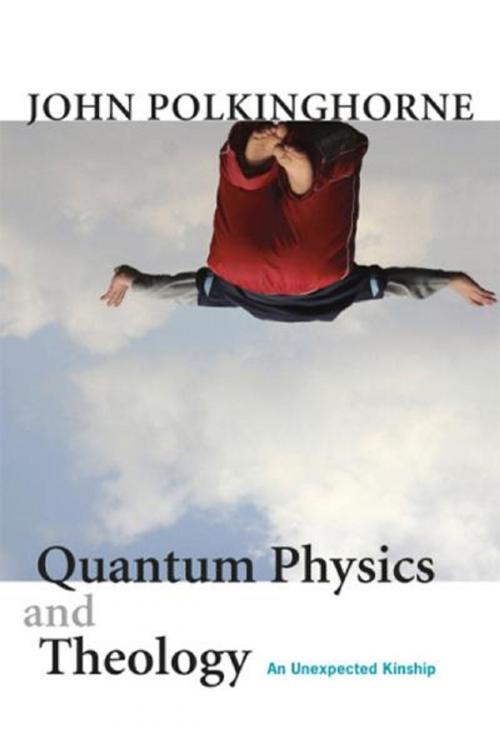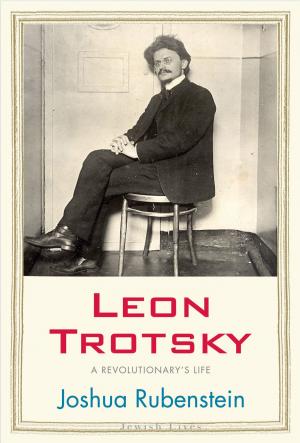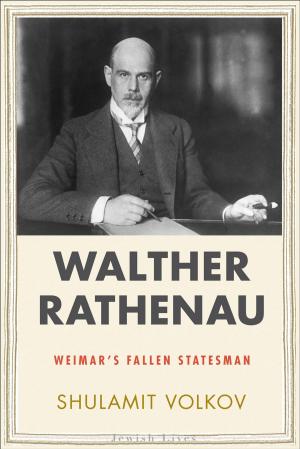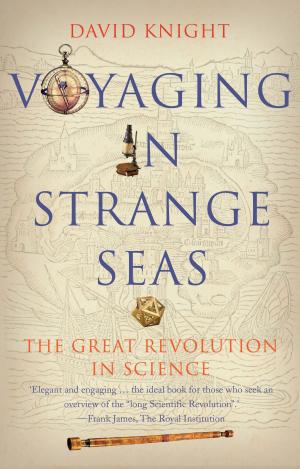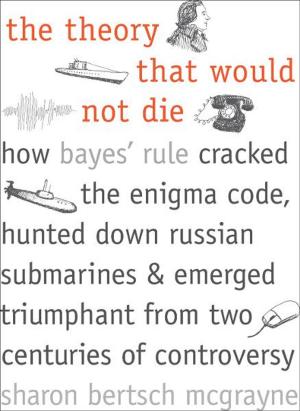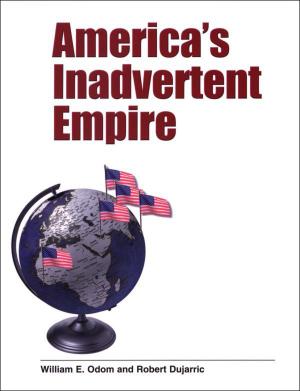Quantum Physics and Theology: An Unexpected Kinship
Nonfiction, Science & Nature, Science, Physics, Quantum Theory, Religion & Spirituality| Author: | John Polkinghorne | ISBN: | 9780300135183 |
| Publisher: | Yale University Press | Publication: | October 1, 2008 |
| Imprint: | Yale University Press | Language: | English |
| Author: | John Polkinghorne |
| ISBN: | 9780300135183 |
| Publisher: | Yale University Press |
| Publication: | October 1, 2008 |
| Imprint: | Yale University Press |
| Language: | English |
Despite the differences of their subject matter, science and theology have a cousinly relationship, John Polkinghorne contends in his latest thought-provoking book. From his unique perspective as both theoretical physicist and Anglican priest, Polkinghorne considers aspects of quantum physics and theology and demonstrates that the two truth-seeking enterprises are engaged in analogous rational techniques of inquiry. His exploration of the deep connections between science and theology shows with new clarity a common kinship in the search for truth.
The author identifies and explores key similarities in quantum physics and Christology. Among the many parallels he identifies are patterns of historical development in quantum physics and in Christology; wrestling with perplexities such as quantum interpretation and the problem of evil; and the drive for an overarching view in the Grand Unified Theories of physics and in Trinitarian theology. Both theology and science are propelled by a desire to understand the world through experienced reality, and Polkinghorne explains that their viewpoints are by no means mutually exclusive.
The author identifies and explores key similarities in quantum physics and Christology. Among the many parallels he identifies are patterns of historical development in quantum physics and in Christology; wrestling with perplexities such as quantum interpretation and the problem of evil; and the drive for an overarching view in the Grand Unified Theories of physics and in Trinitarian theology. Both theology and science are propelled by a desire to understand the world through experienced reality, and Polkinghorne explains that their viewpoints are by no means mutually exclusive.
Despite the differences of their subject matter, science and theology have a cousinly relationship, John Polkinghorne contends in his latest thought-provoking book. From his unique perspective as both theoretical physicist and Anglican priest, Polkinghorne considers aspects of quantum physics and theology and demonstrates that the two truth-seeking enterprises are engaged in analogous rational techniques of inquiry. His exploration of the deep connections between science and theology shows with new clarity a common kinship in the search for truth.
The author identifies and explores key similarities in quantum physics and Christology. Among the many parallels he identifies are patterns of historical development in quantum physics and in Christology; wrestling with perplexities such as quantum interpretation and the problem of evil; and the drive for an overarching view in the Grand Unified Theories of physics and in Trinitarian theology. Both theology and science are propelled by a desire to understand the world through experienced reality, and Polkinghorne explains that their viewpoints are by no means mutually exclusive.
The author identifies and explores key similarities in quantum physics and Christology. Among the many parallels he identifies are patterns of historical development in quantum physics and in Christology; wrestling with perplexities such as quantum interpretation and the problem of evil; and the drive for an overarching view in the Grand Unified Theories of physics and in Trinitarian theology. Both theology and science are propelled by a desire to understand the world through experienced reality, and Polkinghorne explains that their viewpoints are by no means mutually exclusive.
